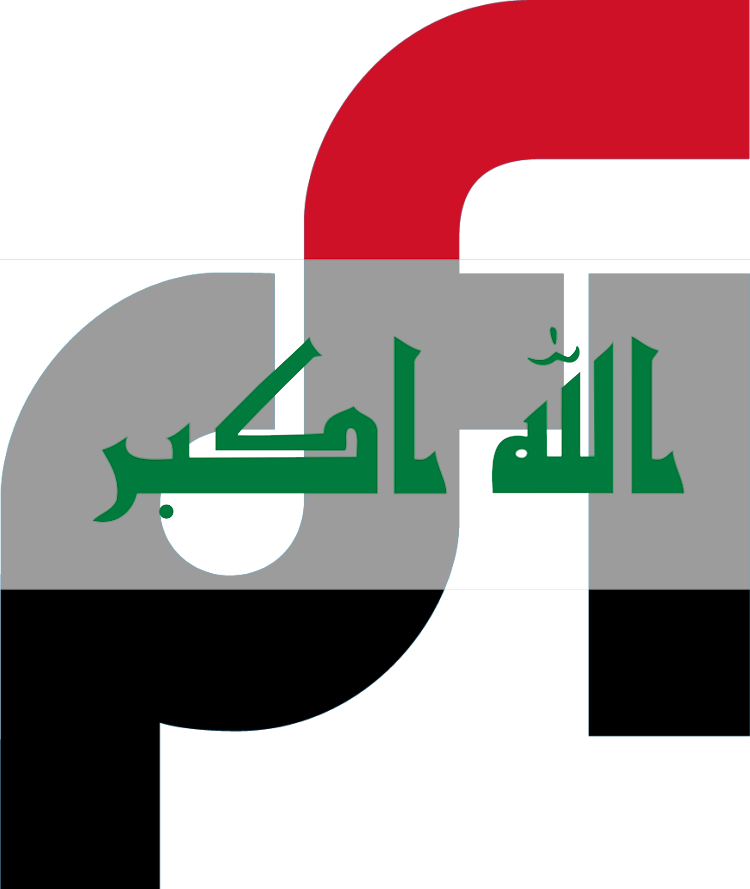The Kurdistan Region, a semi-autonomous area located in the north of Iraq, represents a unique and pivotal area in the Middle Eastern geopolitical landscape. Encompassing the governorates of Erbil, Duhok, Sulaymaniyah, and parts of Kirkuk and Diyala, the Kurdistan Region is home to an estimated population of about 5 to 6 million people, with Kurds making up the majority. Governed by the Kurdistan Regional Government (KRG), this area has its own parliament, military forces (known as Peshmerga), and even its own visa policy for international visitors, setting it apart from the rest of Iraq.
### Historical Context
The Kurds, an ethnic group with a distinct language, culture, and heritage, have long aspired for a state of their own. Their history is marked by struggles for independence and autonomy within the countries they inhabit, including Turkey, Iran, Syria, and Iraq. The Kurdish struggle in Iraq took a decisive turn following the end of the Gulf War in 1991, when a no-fly zone established by the US, UK, and France provided the Kurds an opportunity to establish de facto autonomy. This was further solidified after the US-led invasion of Iraq in 2003, which led to the formal recognition of the Kurdistan Region within the Iraqi constitution in 2005.
### Politics and Governance
The Kurdistan Region operates under a parliamentary democracy. The Kurdistan Democratic Party (KDP) and the Patriotic Union of Kurdistan (PUK) are the two dominant political forces, often shaping the political landscape through both cooperation and competition. In recent years, other political parties have also gained traction, reflecting a dynamic and sometimes volatile political environment.
### Economy
The economy of the Kurdistan Region has traditionally been reliant on agriculture and livestock, but in recent decades, it has diversified significantly, especially with the development of its oil and gas industry. The region possesses substantial hydrocarbon reserves, making it an area of strategic economic importance. Despite its wealth in resources, disputes with the central government in Baghdad over oil revenue sharing and budget allocations have often resulted in financial uncertainties.
### Culture and Society
Kurdistan is renowned for its rich cultural heritage and social diversity, home to Kurds, Arabs, Turkmen, Assyrians, Armenians, and Yazidis. This mosaic of cultures and religions coexists with a unique blend of traditional and modern lifestyles. The rich Kurdish heritage is celebrated in folk music, dance, clothing, and cuisine, with the region’s mountains and landscapes offering a stunning backdrop to its cultural festivals.
### Challenges and International Relations
The Kurdistan Region faces numerous challenges, including disputes with the Iraqi central government over territories and natural resources, internal political divisions, and the aftermath of conflicts with ISIS. However, its strategic location and oil wealth have also made it a key player in international politics, with the KRG actively seeking to develop diplomatic and economic ties with foreign nations to bolster its security and prosperity.
### Conclusion
The Kurdistan Region stands as a testament to the resilience and determination of the Kurdish people. Amidst ongoing challenges, it remains a pivotal area in the Middle East, striving for stability, autonomy, and prosperity. As it navigates complex political terrains both domestically and internationally, the future of the Kurdistan Region holds significant implications for the broader region’s geopolitical dynamics and the quest for Kurdish self-determination.
asdsdads

